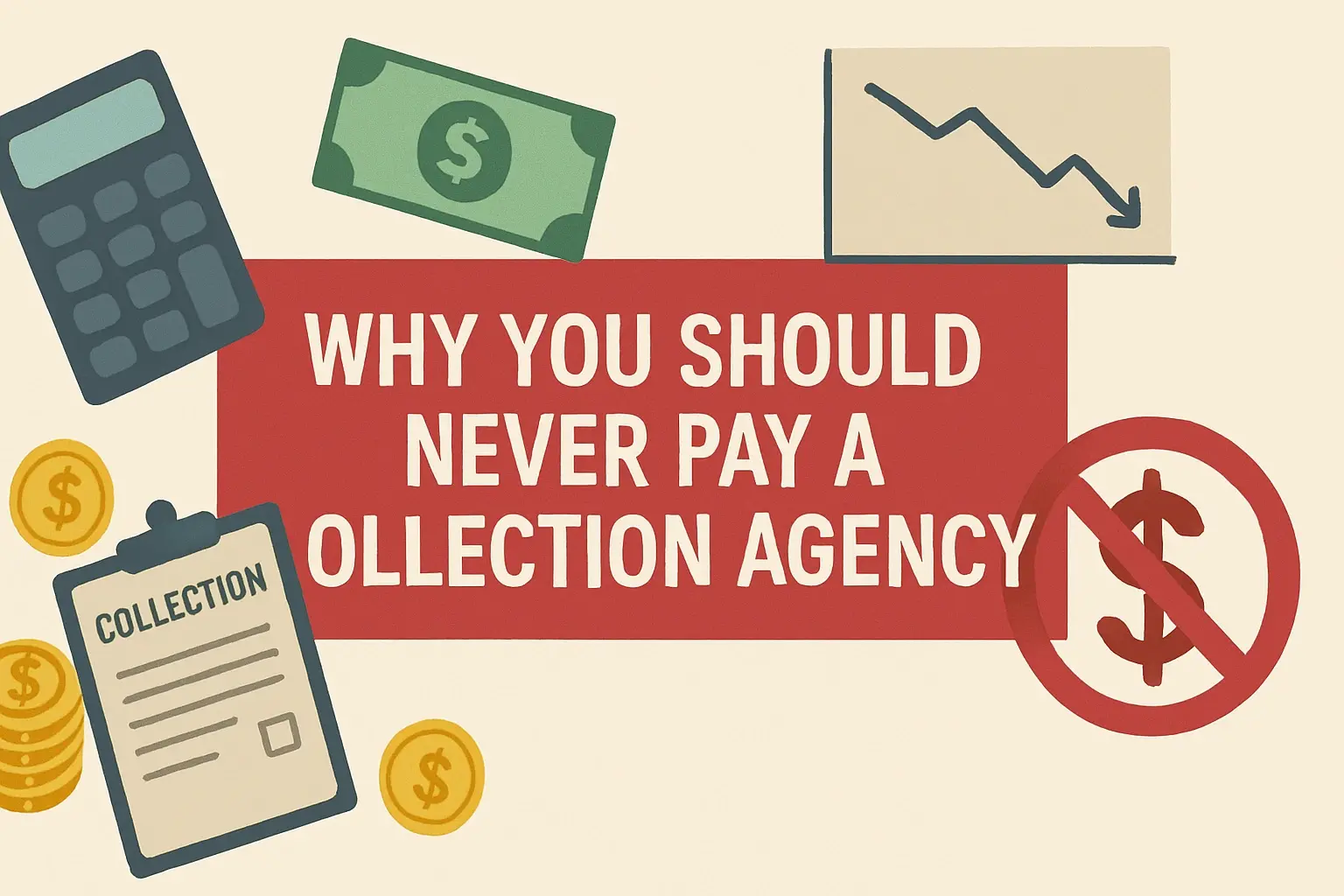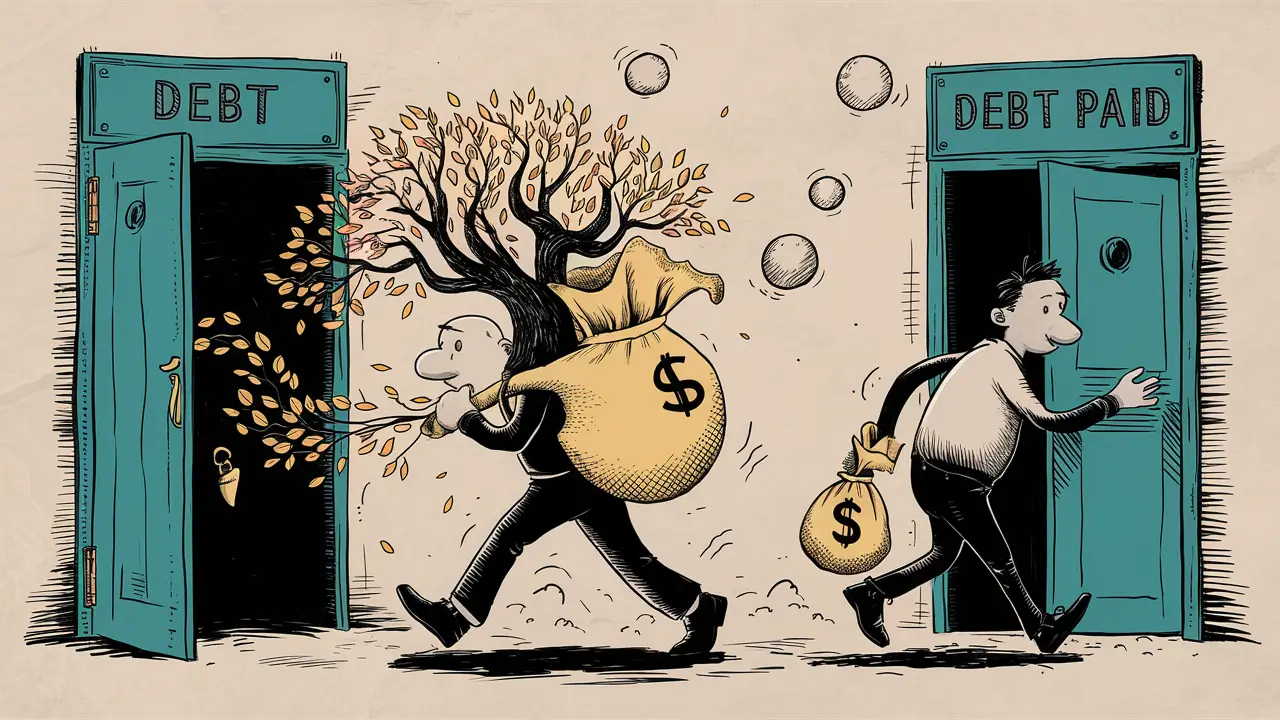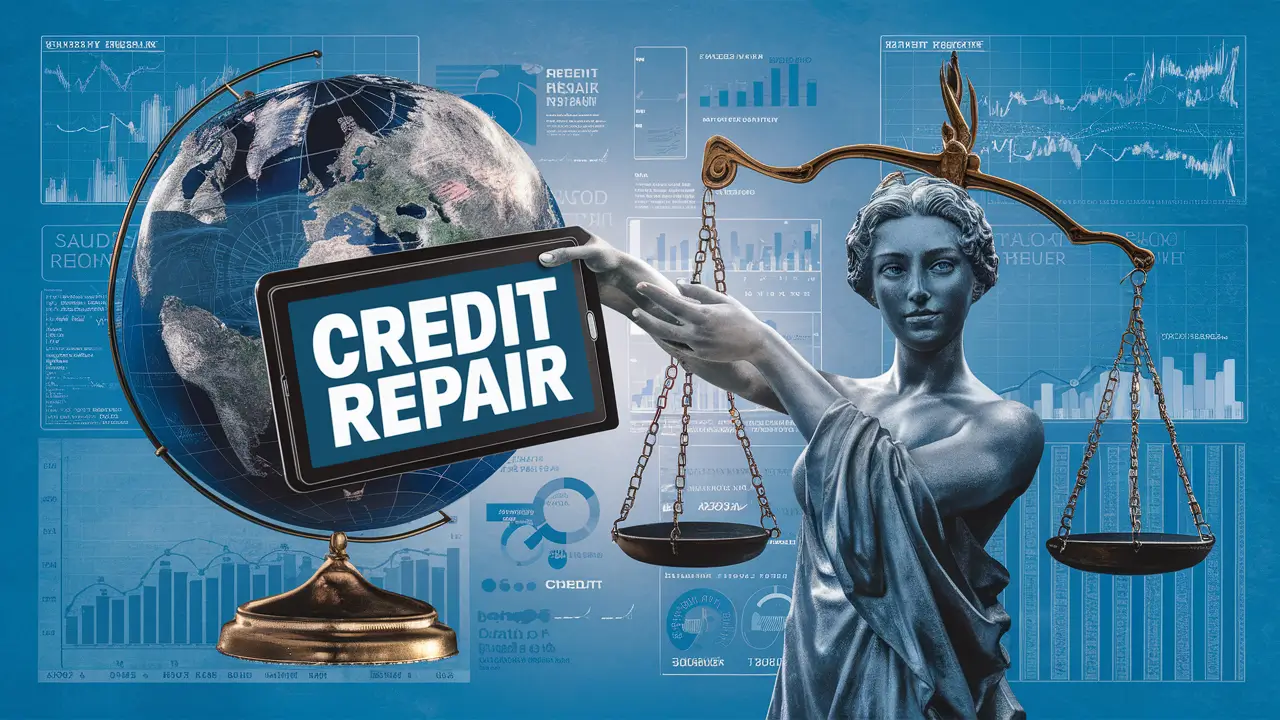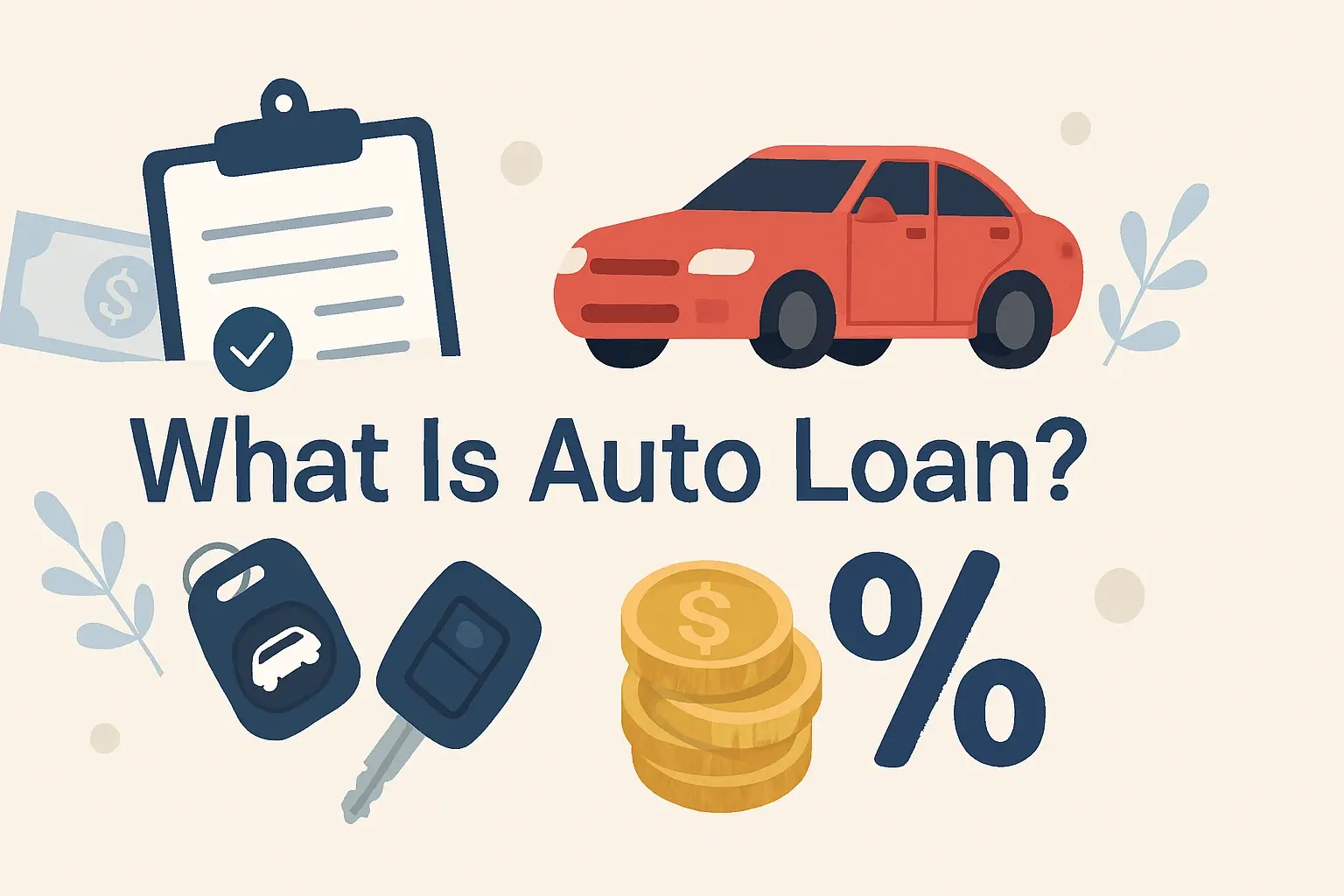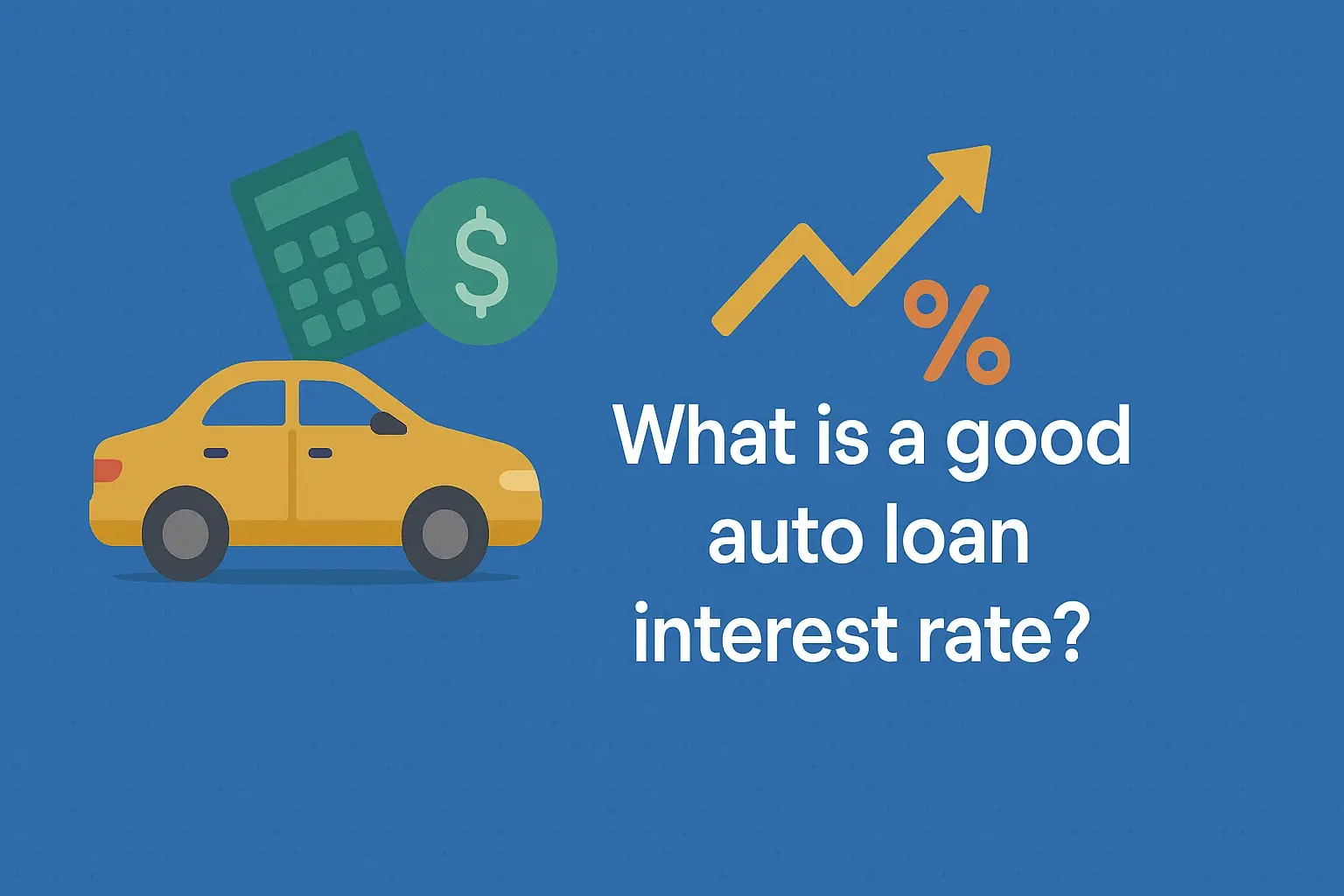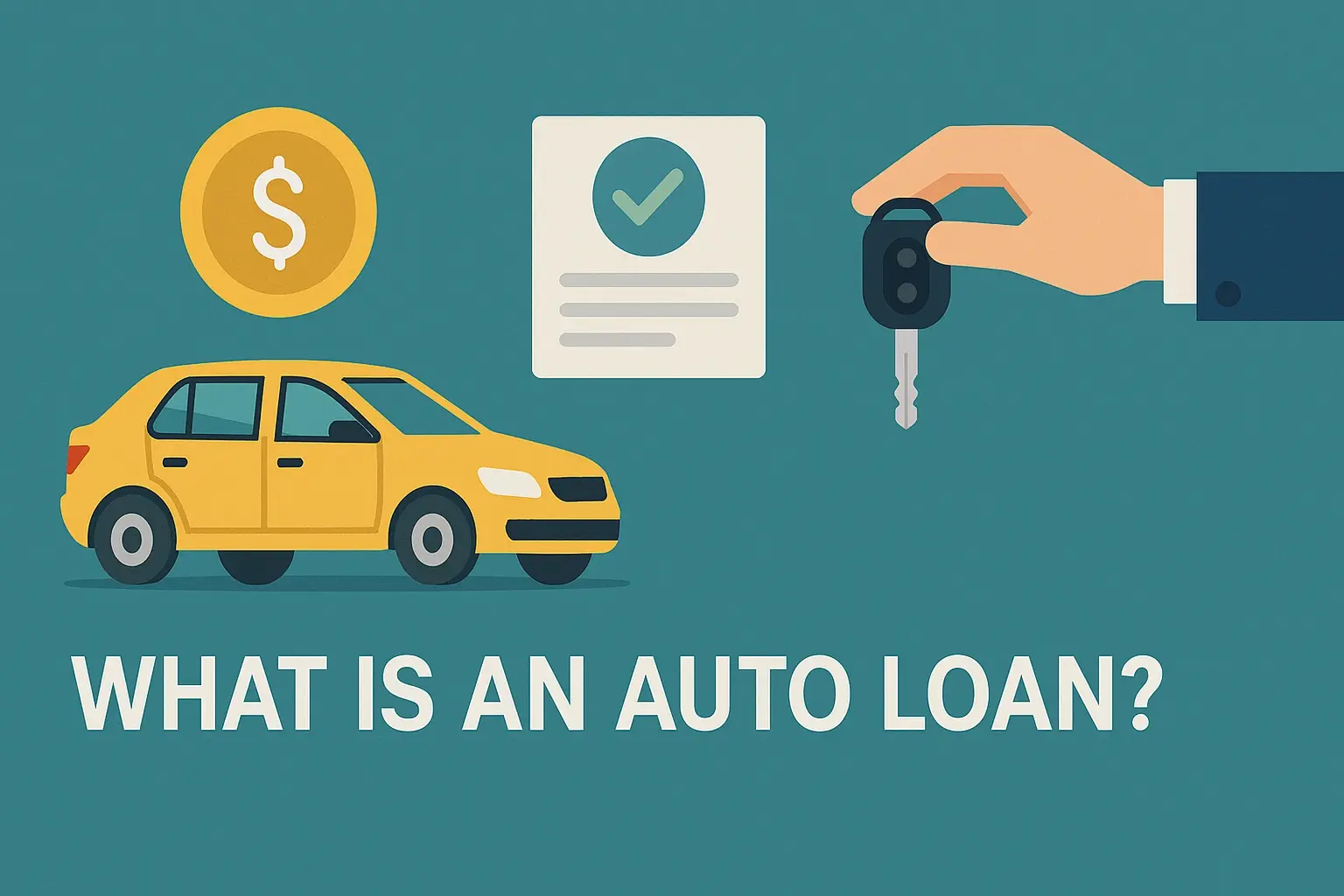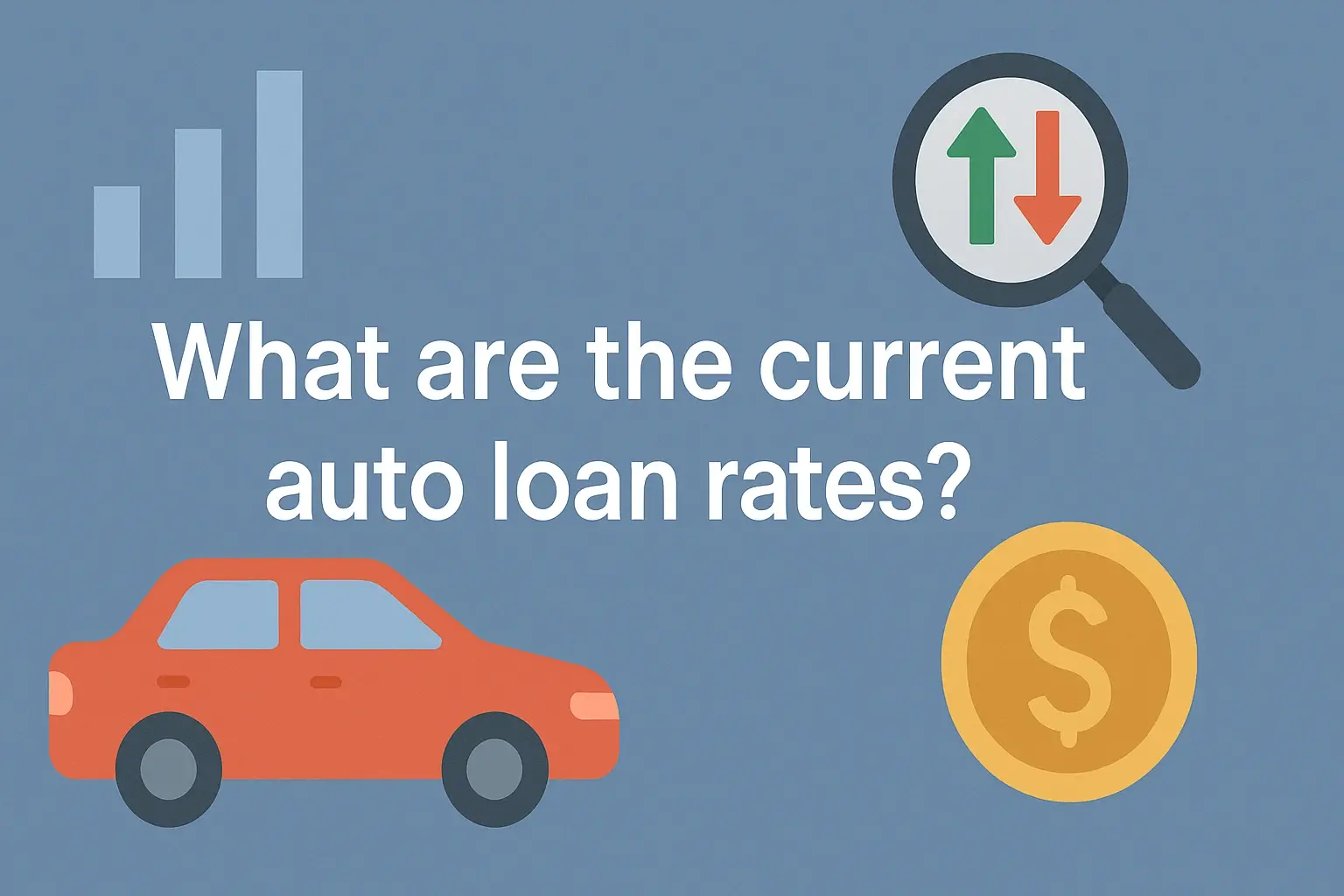-
Posted on: 25 Jul 2024

-
Dealing with debt collections can be stressful, especially when trying to improve your credit score. A common question that arises is whether or not to pay off old collection accounts. Specifically, is it worth paying off a collection that's already 3 years old? The answer is nuanced and depends on various factors, including your credit goals, the statute of limitations on the debt, and your willingness to negotiate.
Understanding Credit Score Impact and Debt Age
Before making a decision, it's crucial to understand how old collections impact your credit score and how paying them off might (or might not) affect it. The age of a collection account is a significant factor in determining its impact on your credit score. Generally, older debts have a diminishing impact, though they can remain on your credit report for up to 7 years from the date of first delinquency (the date you originally missed the payment that led to the collection). After 7 years, the collection account should be automatically removed from your credit report.
The Impact of Older Collections
While a 3-year-old collection is less damaging than a more recent one, it's still affecting your credit score. The impact lessens over time as newer, more positive credit activity appears on your report. However, it's essential to remember that the presence of any collection account, regardless of age, can deter lenders and potentially increase your interest rates.
Does Paying Off a 3-Year-Old Collection Help My Credit Score?
This is a crucial question and the answer isn't always straightforward. Here's why:
- Older Scoring Models: Older versions of credit scoring models (like FICO Score 8 or older) may not consider paid collections as negatively as unpaid ones. In these cases, paying off the collection might give a small boost, but the impact could be minimal.
- Newer Scoring Models: Newer scoring models (like FICO Score 9 or VantageScore 3.0 and later) generally ignore paid collection accounts. This means that if you pay off a collection, it won't negatively affect your credit score under these models, but it also won't provide a significant positive impact.
- "Pay-for-Delete": The best-case scenario is negotiating a "pay-for-delete" agreement with the collection agency. This involves agreeing to pay the debt in exchange for the collection agency removing the account from your credit report entirely. However, it's important to get this agreement in writing before making any payments. Not all collection agencies will agree to this.
Important Note: Simply paying off a collection without a pay-for-delete agreement might not significantly improve your credit score, especially if you are using a newer scoring model. Furthermore, paying an old debt could restart the statute of limitations in some states (more on that later).
Statute of Limitations and Debt Validation
Before you even consider paying, you need to understand the statute of limitations and your right to debt validation.
Statute of Limitations on Debt
The statute of limitations on debt is a law that sets a time limit on how long a creditor or collection agency can sue you to collect a debt. The length of this period varies by state and depends on the type of debt. For example, the statute of limitations on credit card debt in California is four years, while in Delaware it is three years.
Important Considerations Regarding the Statute of Limitations:
- Paying the Debt Can Reset the Clock: In many states, making a payment on an old debt, even a small one, can restart the statute of limitations. This means the collection agency could then sue you for the entire amount, even if the original statute of limitations had expired.
- Knowing the Statute of Limitations in Your State: It's essential to know the statute of limitations for the specific type of debt in your state. You can find this information by searching online or consulting with an attorney.
- Don't Acknowledge the Debt: Even acknowledging that you owe the debt to the collection agency can be enough to restart the statute of limitations in some states. Be careful about what you say when communicating with them.
Debt Validation: Verifying the Debt's Validity
Before paying any collection account, you have the right to request debt validation from the collection agency. This means they must provide you with proof that the debt is actually yours, that they have the legal right to collect it, and that the amount they are claiming is accurate.
How to Request Debt Validation:
- Send a Written Request: Send a written request for debt validation to the collection agency via certified mail with return receipt requested. This provides you with proof that they received your request.
- Do it Within 30 Days: You must send your debt validation request within 30 days of receiving the initial collection notice.
- What to Ask For: Request copies of the original contract, statements, and any other documentation that proves you owe the debt and that the collection agency has the right to collect it.
What Happens After You Request Debt Validation?
- They Must Stop Collection Efforts: The collection agency must stop all collection efforts, including contacting you, until they provide you with the requested validation.
- If They Can't Validate: If the collection agency cannot provide you with sufficient validation, they must cease collection efforts and remove the debt from your credit report.
- If They Validate: If they provide valid documentation, you can then consider your options for paying the debt or negotiating a settlement.
Negotiation Strategies for Collection Accounts
Even if the collection agency validates the debt, you don't necessarily have to pay the full amount. You can often negotiate a settlement for less than what you owe.
Negotiating a Lower Settlement Amount
Collection agencies often purchase debts for pennies on the dollar. Therefore, they are often willing to accept a lower settlement amount to resolve the debt quickly.
Tips for Negotiating:
- Start Low: Offer a settlement amount that is significantly lower than the total debt, such as 25% to 50%.
- Be Prepared to Negotiate: The collection agency will likely counter your initial offer, so be prepared to negotiate until you reach an agreement.
- Get it in Writing: Once you reach an agreement, make sure to get it in writing before making any payments. This should include the settlement amount, the payment terms, and confirmation that the collection agency will report the debt as "paid in full" or "settled."
- "Pay-for-Delete" (Again): Always try to negotiate a "pay-for-delete" agreement, where the collection agency agrees to remove the account from your credit report entirely.
Consider a Payment Plan
If you can't afford to pay the settlement amount in one lump sum, you can try to negotiate a payment plan with the collection agency.
Considerations for Payment Plans:
- Get the Terms in Writing: Make sure the payment plan terms are clearly outlined in writing, including the payment amount, frequency, and duration.
- Avoid Defaulting: Defaulting on a payment plan can have a negative impact on your credit score and could lead the collection agency to pursue legal action.
Alternative Actions to Consider
Paying the debt is not the only option. Consider these alternatives:
Do Nothing (If the Statute of Limitations Has Passed)
If the statute of limitations on the debt has already passed and the collection agency cannot sue you, you may choose to do nothing. However, the debt will still remain on your credit report (for up to 7 years) and could affect your ability to obtain credit.
Debt Management Programs (DMPs)
A debt management program is a debt relief option offered by credit counseling agencies. In a DMP, you make a single monthly payment to the credit counseling agency, which then distributes the funds to your creditors according to an agreed-upon repayment plan. DMPs can help you manage your debt and avoid defaulting on your obligations, but they can also have a negative impact on your credit score.
Debt Settlement Companies
Debt settlement companies negotiate with your creditors to reduce the amount you owe. While debt settlement can potentially save you money, it can also damage your credit score and lead to legal action from creditors. It's important to carefully research debt settlement companies and understand the risks involved before enrolling in a program.
Bankruptcy
Bankruptcy is a legal process that can discharge your debts. While bankruptcy can provide a fresh start, it can also have a significant negative impact on your credit score and remain on your credit report for up to 10 years.
Making the Right Decision for You
Ultimately, the decision of whether or not to pay off a 3-year-old collection account is a personal one. Consider your credit goals, financial situation, and tolerance for risk when making your decision.
Here's a Summary to Help You Decide:
- If you're applying for a mortgage or other significant loan in the near future: Paying off the collection (especially with a pay-for-delete) might be beneficial.
- If the statute of limitations has passed: Paying the debt could restart the clock, so proceed with caution.
- If you're primarily concerned about your credit score: Focus on newer, more impactful credit activity. Request debt validation first. If valid, try to negotiate a "pay-for-delete" agreement.
- If you can't afford to pay the debt: Consider exploring other debt relief options.
Consult with a financial advisor or credit counselor for personalized advice based on your specific circumstances.

